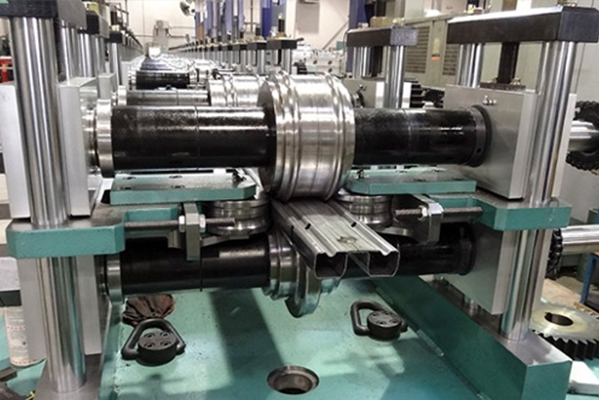Navigation Menu
Contact Us
- Email:
- info@wxavatar.com
- Address:
- Yurong Village, Yuqi Street, Huishan District, Wuxi, China.
Release Date:Mar 13, 2025 Visit:88 Source:Roll Forming Machine Factory
The automotive industry relies on a diverse range of raw materials for manufacturing cars, each playing a critical role in ensuring the performance, safety, and durability of vehicles. From metals and plastics to advanced composites, these materials form the foundation of modern car production. Understanding the key raw materials for manufacturing cars provides insight into the complexity and innovation behind the vehicles we drive every day.
One of the most essential raw materials for manufacturing cars is steel. Known for its strength and durability, steel is widely used in the production of car frames, body panels, and engine components. High-strength steel variants are particularly valued for their ability to enhance safety while reducing weight. Aluminum is another crucial material, prized for its lightweight properties and resistance to corrosion. It is commonly used in engine blocks, wheels, and body structures to improve fuel efficiency and performance.
Plastics and polymers have become increasingly important in car manufacturing due to their versatility and cost-effectiveness. These materials are used in interior components such as dashboards, seats, and trim, as well as in exterior parts like bumpers and light housings. Advanced composites, including carbon fiber, are also gaining traction in the automotive industry. While more expensive, these materials offer exceptional strength-to-weight ratios, making them ideal for high-performance and luxury vehicles.

Rubber is another vital raw material for manufacturing cars, primarily used in tires, seals, and hoses. Synthetic rubber, derived from petroleum, is often preferred for its durability and resistance to wear. Additionally, glass is indispensable for windshields, windows, and mirrors, providing visibility and protection for drivers and passengers.
The rise of electric vehicles (EVs) has introduced new demands for raw materials. Lithium, cobalt, and nickel are critical for manufacturing lithium-ion batteries, which power EVs. These materials are essential for achieving the energy density and longevity required for modern electric cars. Rare earth elements, such as neodymium, are also used in the production of electric motors and other electronic components.
In conclusion, the raw materials for manufacturing cars are as diverse as the vehicles themselves. From traditional materials like steel and rubber to advanced composites and battery metals, each component plays a vital role in shaping the automotive industry. As technology continues to evolve, the demand for innovative and sustainable raw materials for manufacturing cars will only grow, driving the industry toward a more efficient and environmentally friendly future.